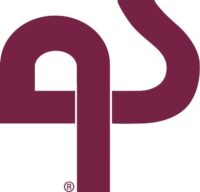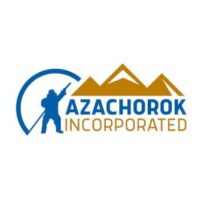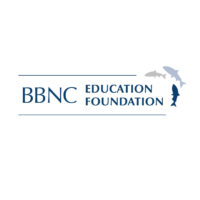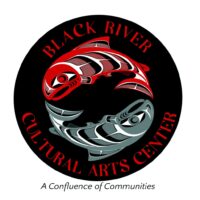- Seattle,
- Washington
- Community Focus: Indigenous American
- Alaska Native
The Arctic Arts Summit brings together Arctic countries and the Indigenous Nations of the circumpolar region to strengthen arts and culture, develop circumpolar ties, and promote sustainable collaboration. The 2022 Summit will be hosted in Canada by the Canada Council for the Arts and the Government of Yukon, in collaboration with partners in Canada and across the circumpolar North.









